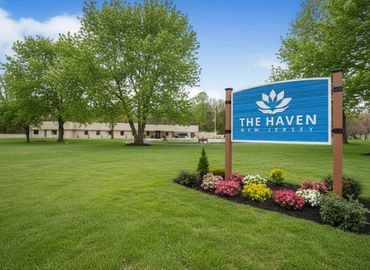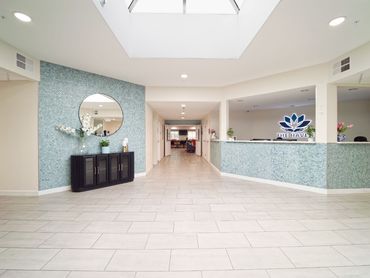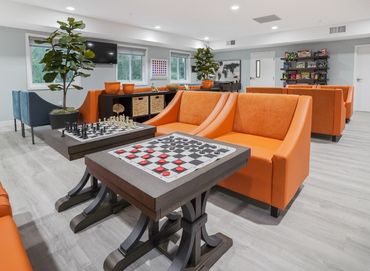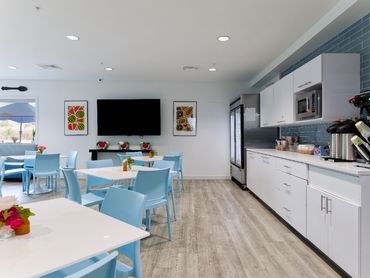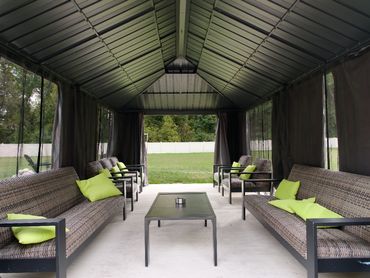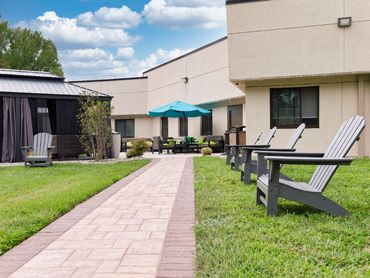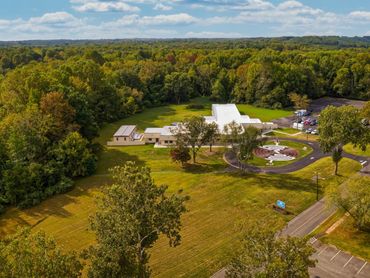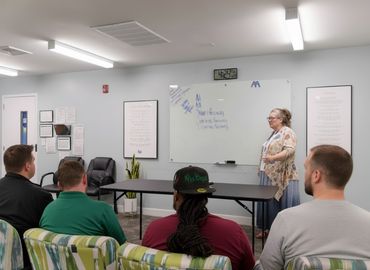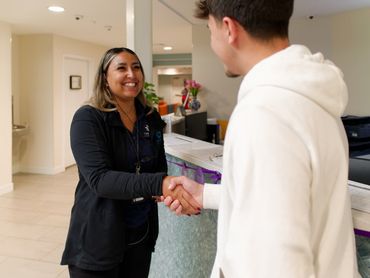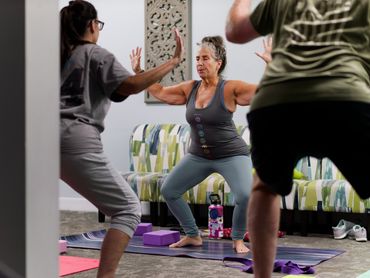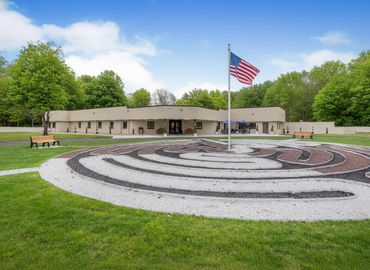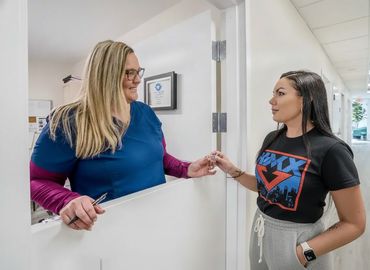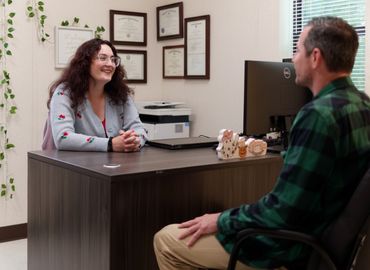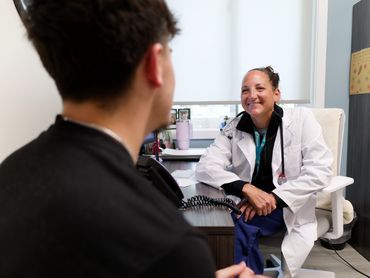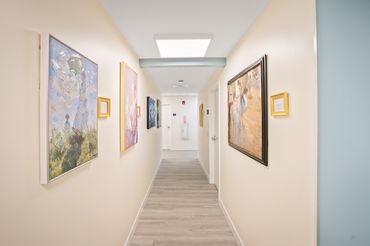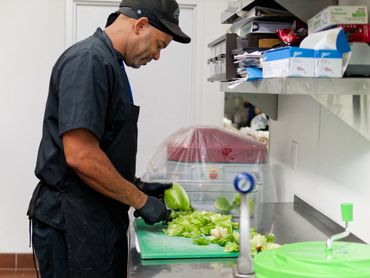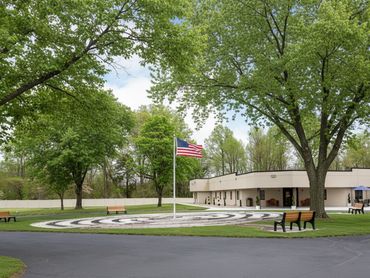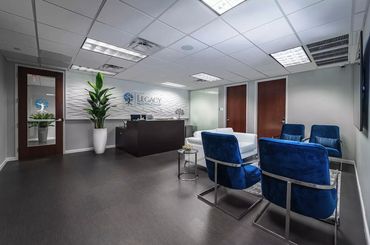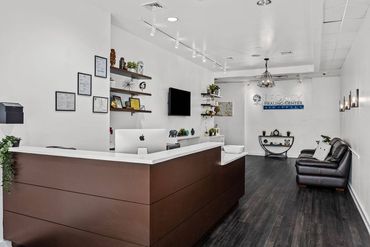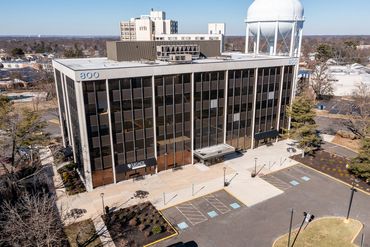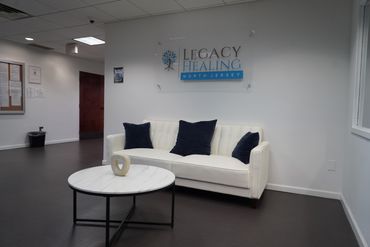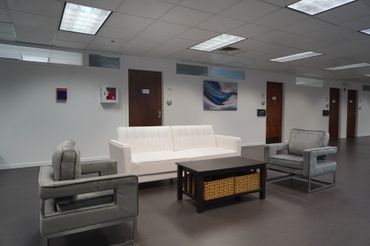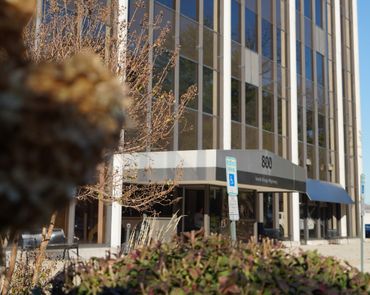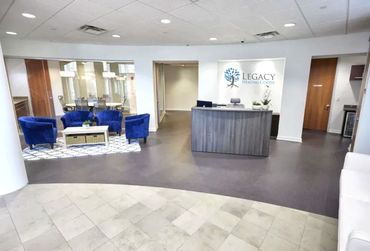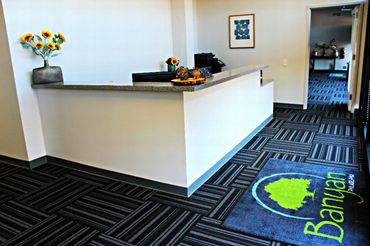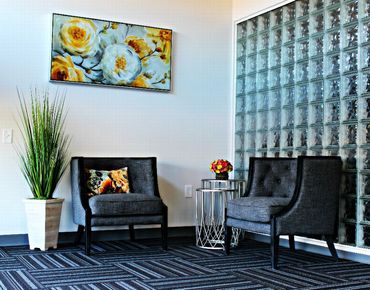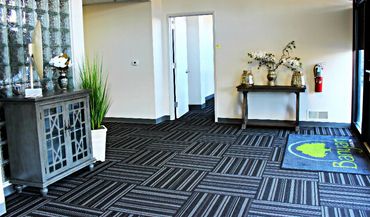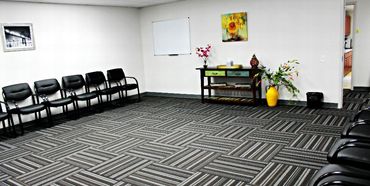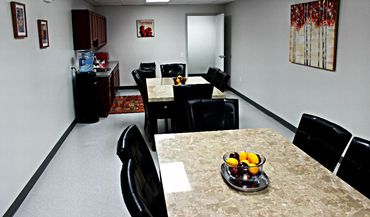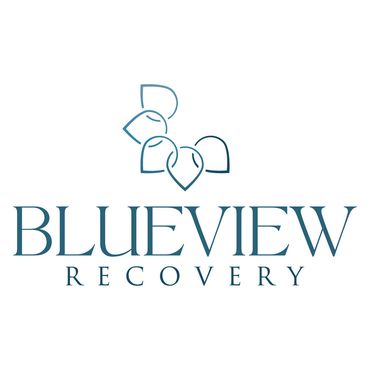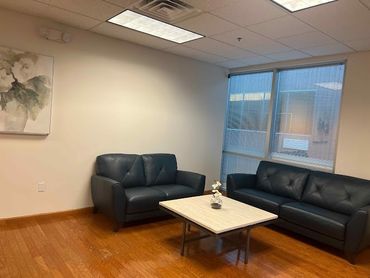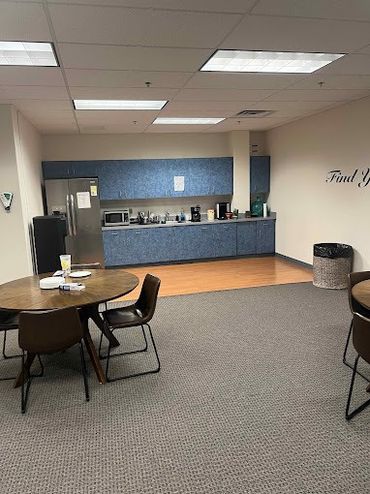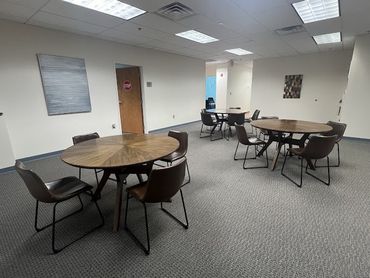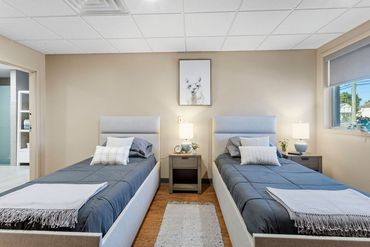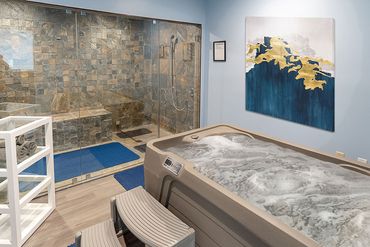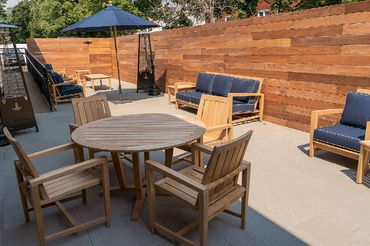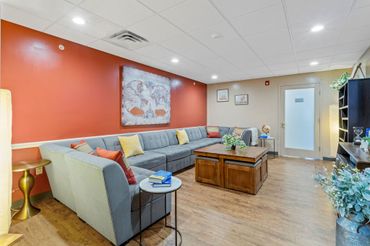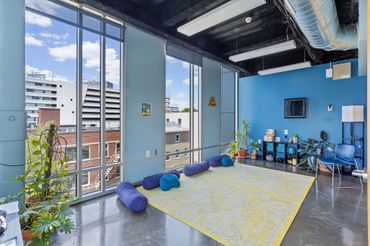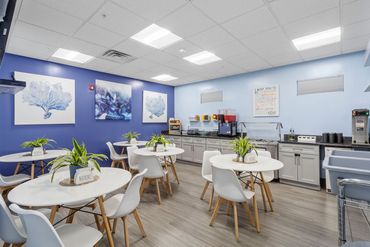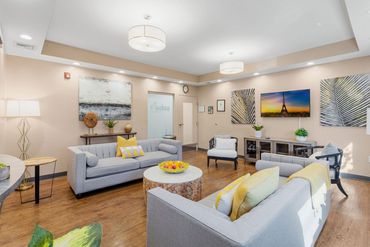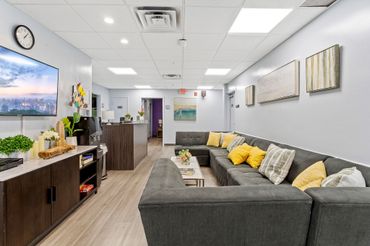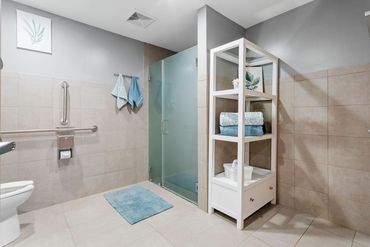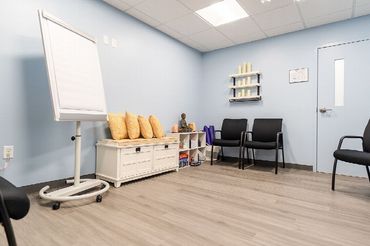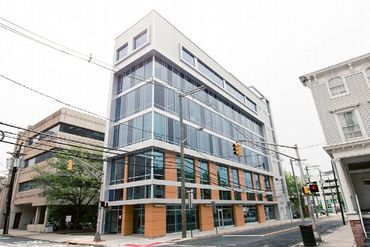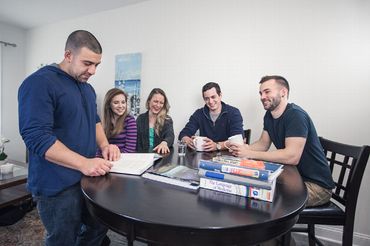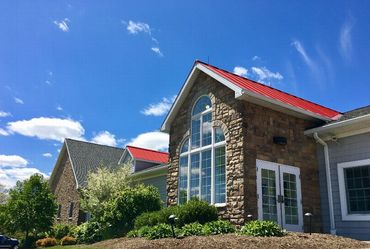
Drug & Alcohol Rehab Centers near Galloway, NJ
If you or a loved one are struggling with substance use disorder in Galloway, New Jersey, taking the first step towards recovery is crucial. It’s essential to find the right treatment and understand your payment options to embark on the journey to healing.
Treatment Centers near Galloway, NJ
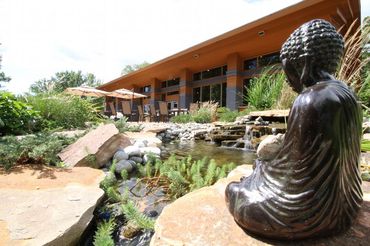
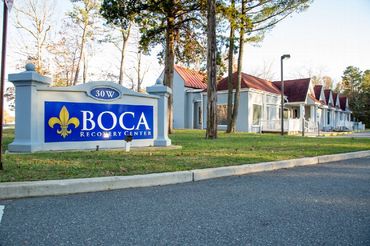
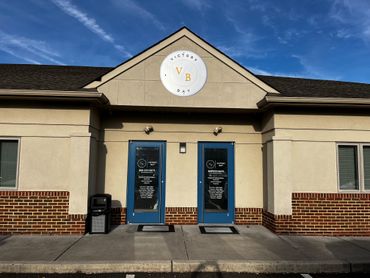
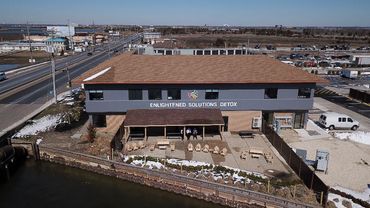

Open to Travel? Check out Top-Rated Options
All Treatment Centers near Galloway, NJ
Are You Covered For Treatment?
- Newark Rehabs
- Cherry Hill Rehabs
- Toms River Rehabs
- Trenton Rehabs
- New Brunswick Rehabs
- Flemington Rehabs
- Paterson Rehabs
- Morristown Rehabs
- Camden Rehabs
- Paramus Rehabs
Information About Rehab in Galloway
Latest Reviews
Latest Reviews of Rehabs in New Jersey
Boca Recovery Center - Galloway, NJ
Boca has helped me find a life worth living today. As an addict, what others might call being ‘responsible’ I call having a life beyond my wildest dreams! Before I came here, I was broken, lost, homeless, and suicidal.. because of this place I now have all the tangible things, but I also have a desire to live, a desire to succeed, and a desire to persevere. All the staff truly cares, it’s not just about a paycheck. The medical team is as professional as it gets. Bo is the man and goes out of his way to make sure we’re okay. I love this place, Boca saved my life!
Area Information
Galloway, situated in Atlantic County, New Jersey, is a vibrant township known for its diverse communities, lush landscapes, and proximity to the beautiful Jersey Shore. It boasts a mix of suburban and rural living, with a population of approximately 38,0001 that encompasses various backgrounds and lifestyles. Galloway offers a peaceful yet convenient lifestyle within reach of both natural wonders and urban amenities.
Substance Misuse and Addiction in Galloway, New Jersey
Substance abuse and addiction pose significant concerns within Galloway and across the state of New Jersey. As per data from the Bureau of Justice Assistance, New Jersey witnessed a distressing total of 2,900 documented drug overdose fatalities in 2018 alone.2
Drug and Alcohol Rehab
Rehabilitation facilities provide a range of options and programs to treat addiction and guide individuals on their path to recovery. The journey to sobriety is unique for each person, and these facilities offer diverse levels of care tailored to individual needs.
What Happens in Drug and Alcohol Rehab?
When entering rehab, individuals may encounter different stages of treatment, such as detox, inpatient, outpatient, and aftercare. These stages are designed to address varying levels of need and offer support at every phase of recovery.
Detox Programs
Detoxification programs serve as the initial and crucial step in the journey to recovery. These programs are medically monitored, providing individuals with a safe and supportive environment as they undergo the challenging process of withdrawal from substances. Trained medical professionals are on hand to administer medications that help manage the discomfort of withdrawal symptoms, making the experience more bearable and safer. The specific medications used can vary depending on the substance involved. Detox programs are designed to ensure the physical well-being of the individual during this critical phase and are an essential foundation for the subsequent stages of treatment.
How Long Is Detox in Rehab?
The duration of detox typically varies, ranging from 3 to 7 days, although this can be influenced by several factors, including the type and amount of substance abused, the individual’s overall health, and the severity of withdrawal symptoms. This personalized approach ensures that each person receives the level of care that aligns with their unique needs.
Inpatient Drug and Alcohol Rehab
Inpatient drug and alcohol rehab programs are comprehensive, intensive, and immersive experiences that are often considered the next step after detox. These programs typically run for 30, 60, or 90 days, offering a structured environment that fosters healing and recovery. Inpatient treatment goes beyond addressing the physical aspects of addiction; it delves into the psychological and emotional factors that contribute to substance abuse.
Therapy is a central component of inpatient programs, with individual counseling and group therapy sessions aimed at helping patients gain insight into their addiction, triggers, and coping mechanisms. Inpatient rehab also focuses on treating any co-occurring mental health disorders, addressing the holistic well-being of the individual. The supportive community within these facilities helps keep patients on track with their healing, as they share their experiences, challenges, and accomplishments.
Outpatient Drug and Alcohol Rehab
Outpatient drug and alcohol rehab programs offer a more flexible approach to recovery, allowing individuals to continue their daily lives while receiving the necessary treatment and support. These programs focus on equipping patients with the tools for aftercare and relapse prevention, enabling them to reintegrate into their communities while maintaining their commitment to recovery.
Outpatient treatment often includes individual therapy, group therapy, and educational sessions to build coping strategies, strengthen resilience, and address the underlying causes of addiction. The level of care in outpatient programs can vary, with some individuals attending several sessions per week, while others may participate in less frequent meetings. This tailored approach ensures that patients receive the right amount of support as they transition back into their daily routines.
How Much Does Rehab Cost?
Paying for rehab can seem daunting, but it should not deter anyone from seeking help. Various options exist that can alleviate the financial burden. such as:
- Payment Plans
- Government Grants and Scholarships
- Free Rehab
- State-Funded Rehab
Does Insurance Cover Drug and Alcohol Rehab?
It’s important to note that many insurances do cover at least a portion of rehab costs. Exploring your options for drug rehab insurance can help you determine the extent of coverage. Widely accepted insurances include:
Finding The Best Rehab Center
Galloway, New Jersey Drug and Alcohol Rehab Facilities
Individuals can utilize our rehab locator tool to search for nearby facilities in New Jersey or beyond. While in-state treatment is an option, going out of state can reduce distractions and offer a more focused recovery environment.
Sources
- United States Census Bureau. Galloway, New Jersey. July 1, 2022.
- The Bureau of Justice Assistance. Comprehensive Opioid, Stimulant, and Substance Abuse Site-based Program: Program Narrative. (n.d.).
